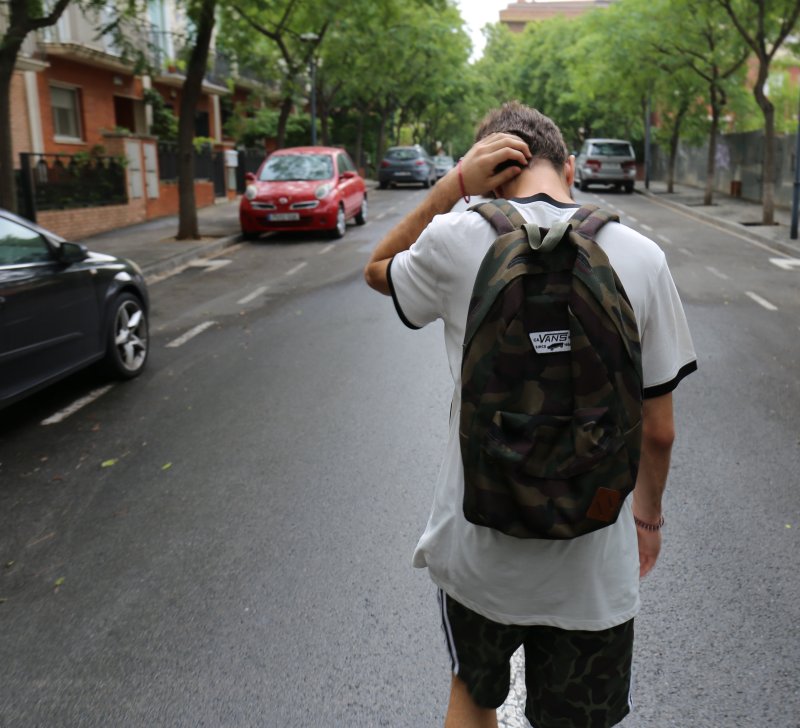A new study has linked COVID-19 with long-term mental health problems. Photo by Jesús Rodríguez/Unsplash
Feb. 16 (UPI) -- People have had COVID-19 are at higher risk for mental health problems, including anxiety, depression, drug and alcohol use disorders and sleep disturbances, a study published Wednesday by the BMJ found.
COVID-19 survivors were 60% more likely to suffer from mental health problems than those who were not infected, the data showed.
This led to an increased use of prescription medication to treat these problems and higher risk for substance use disorders, including those involving prescription opioid pain medications, alcohol and illicit drugs, the researchers said.
These disorders arose within a year after recovery from the virus in people who had serious as well as mild infections, according to the researchers.
"While we've all suffered during the pandemic, people who have had COVID-19 fare far worse mentally," study co-author Dr. Ziyad Al-Aly said in a press release.
"We need to acknowledge this reality and address these conditions now before they balloon into a much larger mental health crisis," said Al-Aly, a clinical epidemiologist at Washington University School of Medicine in St. Louis.
The findings are based on analysis of mental health information of nearly 154,000 adults who tested positive for COVID-19 between March 2020 and January 2021, and were treated in the U.S. Department of Veterans Affairs healthcare system, the researchers said.
Statistical modeling was used to compare mental health diagnoses in the COVID-19 population with two other groups of more than 11.4 million people not infected with the virus, according to the researchers.
They compared the trends seen in this population with those found in more than 72,000 flu patients, nearly 12,000 of whom were hospitalized with the seasonal virus, they said.
The majority of study participants were older White males, though there were more than 1.3 million females and more than 2.1 million Black people included, the researchers said.
Compared to those without any infections, people who had COVID-19 were 35% more likely to suffer from anxiety disorders and nearly 40% more likely to experience depression or stress-related disorders, the data showed.
This coincided with a 55% increase in the use of antidepressants and a 65% growth in the use of medications to treat anxiety, the researchers said.
Similarly, people who had survived COVID-19 were 41% more likely to develop sleep disorders and 80% more likely to experience declines in brain function, including memory and focus problems, according to the researchers.
Compared with people without COVID-19, those infected with the virus were 34% more likely to develop opioid use disorders and 20% more likely to develop non-opioid substance use disorders involving alcohol or illegal drugs, the data showed.
They also had a 46% higher risk for having suicidal thoughts, the researchers said.
Those hospitalized with COVID-19 were 86% more likely to be diagnosed with a mental health disorder following recovery, they said.
Previous studies have suggested that one in three people who survive COVID-19 are diagnosed with a mental health disorder within six months of recovery, while others have found links between the virus and long-term sleep and fatigue problems.
In addition, "brain fog," or problems concentrating, is a common symptom of COVID-19, research suggests.
"Our findings suggest a specific link between [COVID-19] and mental health disorders," Al-Aly said.
"Urgent attention is needed to identify and treat COVID-19 survivors with mental health disorders," he said.















